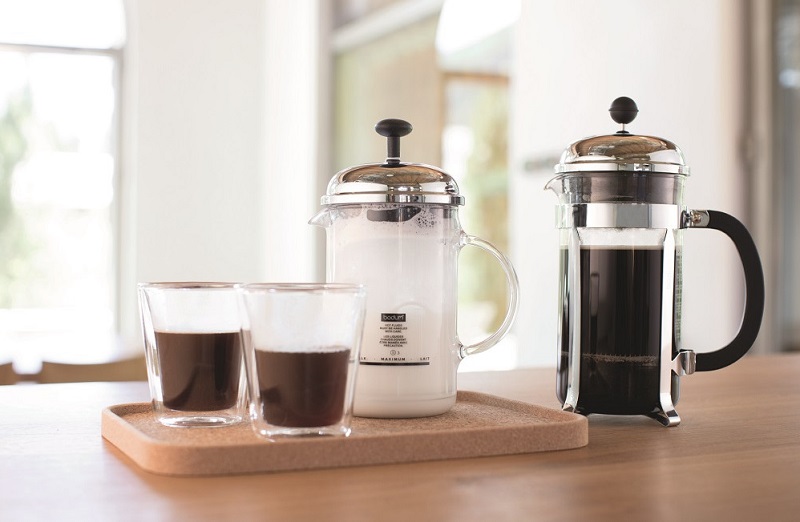
Glass as a material may look the same, but they are actually very different
Glass is a popular material in the kitchen. It is used to make wine glasses, double-walled cups, baking dishes, and at times, even cookware. However, not all glass is created equally. “They look the same!” is probably what crossed your mind at first glance.
If you noticed that your wine glasses are made from crystal, while your favourite double walled coffee cups are made from borosilicate glass, you may be wondering what sets them apart.
Here, we will identify the differences between the three most common types of glassware in the kitchen and their uses.
What are the different types of glassware used in the kitchen?

Borosilicate Glass
Borosilicate glass is a type of glass made with silica and boron trioxide, a special ingredient that gives it resistance against extreme changes in temperature.
This type of glass is often used to make double-walled coffee cups, water bottles, teapots, and even laboratory equipment thanks to its ability to withstand sudden changes in temperature.
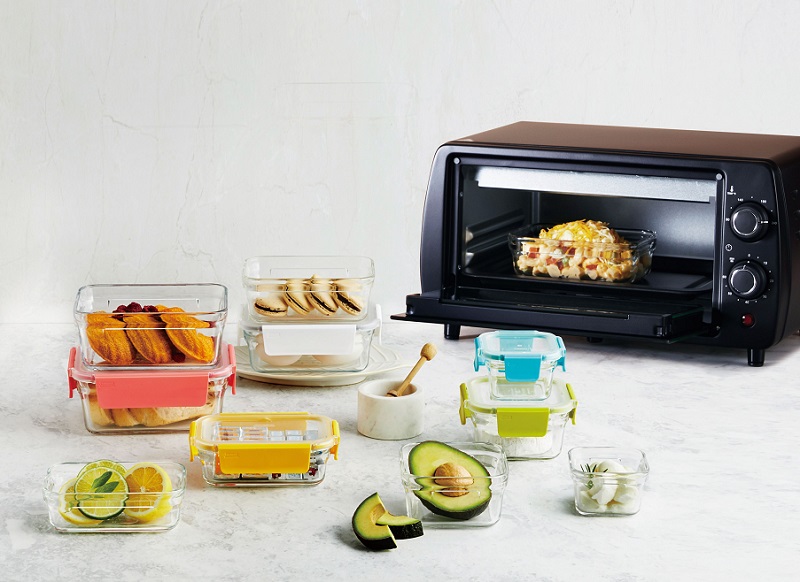
Tempered Glass
Tempered glass is soda-lime glass that has been heat-treated through a tampering process, granting it extra durability against heat and impact. For instance, if you were to drop a tumbler made from tempered glass it will most likely still be fully intact.
Glass baking dishes that are required to withstand high temperatures for an extended length of time and glassware used in restaurants are often made from tempered glass due to its durability.
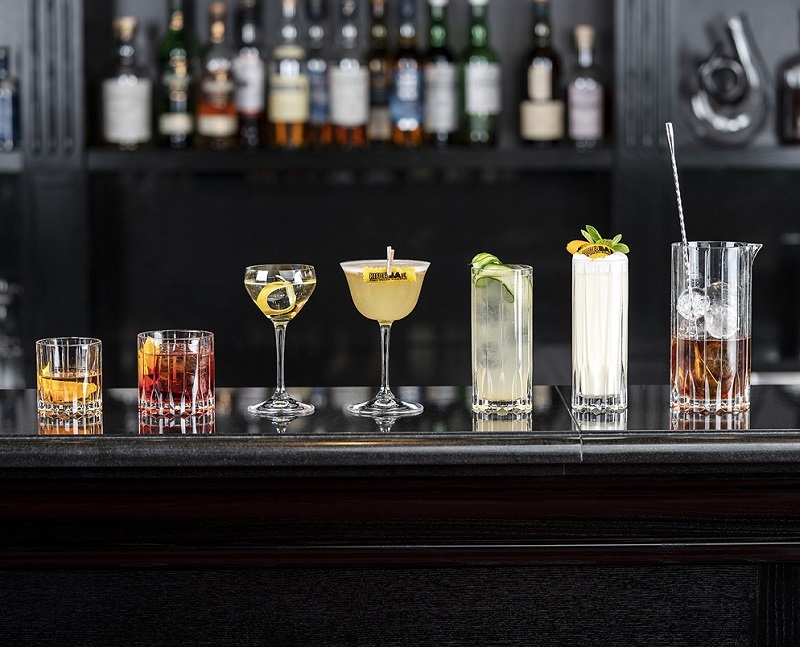
Crystal Glass
While regular glasses are made from liquified sand, crystal glass is a little different. Crystal glass contains lead to make it more durable than standard glasses. But with advancements in technology, crystal glassware now comes with both lead and lead-free options.
It is typically used to manufacture high end glassware such as those from Riedel thanks to its exceptional brilliance and clarity.
What are the differences between borosilicate glass, tempered glass, and crystal glass?
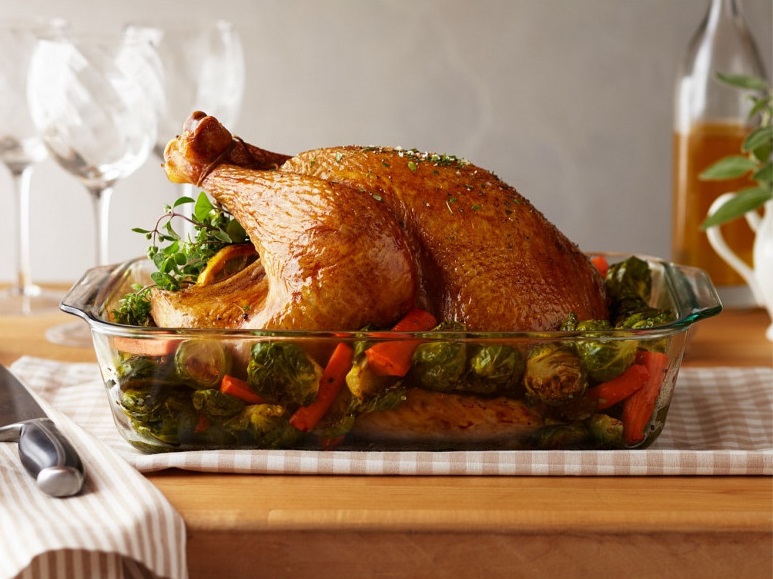
Heat Resistance
When it comes to heat resistance, borosilicate glass and tempered glass takes the lead. Although both glasses can withstand heat, the extent of its resistance is different.
Borosilicate glass is great for situations where sudden heat is introduced. For instance, it is safe to pour hot coffee into a borosilicate glass cup like those from Bodum and Avanti at room temperature or microwave it for a short time. But if you were to leave it in the oven for an extended length of time, it may expand and shatter.
Unlike borosilicate glass, tempered glass is specially made to withstand high temperatures at a longer duration so long as the heat is introduced slowly and gradually. This makes it the ideal material to create glass bakeware and glass food storage containers such as those from Glasslock.
The delicate nature of crystal glass makes it susceptible to cracks when introduced to heat. In addition to that, the lead within its construction also makes it unsafe to be used in the microwave.
Winner: Borosilicate glass and tempered glass.
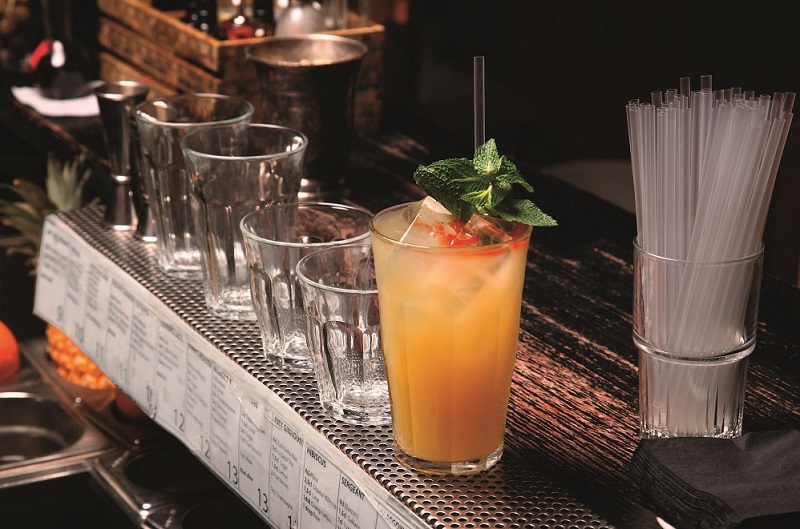
Durability
Drop borosilicate glass, tempered glass, and crystal glass on a hard surface and guess which one is the most likely to be intact? If you guessed tempered glass – you are right!
Borosilicate glass is usually thin and lightweight, making it more prone to breakage when dropped from a distance. The similarly thin but heavy build of crystal glass also makes it more sensitive to force and in turn breakage. However, this thinness makes crystal glass the ideal material for wine glasses and decanters as it provides an uninterrupted flow.
Tempered glass, on the other hand, is generally thick compared to borosilicate glass and crystal glass. This gives it a high resistance against impact, making it perfect for restaurants and heavy-duty use. It is also often referred to as “safety glass” because when it does break, it crumbles into dull cube-shaped pieces instead of dangerous long, thin shards. If you’re the sort with butterfingers, tempered glass like those from Pyrex, Duralex and Glasslock are the way to go.
Winner: Tempered glass is the most durable, but bear in mind that it may still shatter on impact.

Appearance
Borosilicate glass and tempered glass often have a very low degree of fogginess. This means that you can still see its contents clearly, but you will also notice an incredibly slight tint when more focus is applied. Both glasses often come with clean and smooth surfaces as they typically cannot be cut by hand in time due to the heat involved in its manufacturing process.
Crystal glass offers incredible clarity with a brilliant gleam because of its lead content. These metal particles refract light and disperse it in a rainbow hue. Its overall characteristics also make it soft enough to add smooth, hand-cut details on its surface without compromising on its durability during the manufacturing process. This makes crystal glass highly desirable for high-end glassware and home décor.
Winner: Crystal glass.
Dishwasher Safe
“Is it dishwasher safe?” is probably the most common question we get here at Everten for most kitchenware products. With the different characteristics of borosilicate, tempered, and crystal glass, it is important to check if your glassware is suitable to be cleaned in the dishwasher or not.
Due to its durable nature against heat and chemicals, borosilicate glass and tempered glass can safely be washed in the dishwasher.
But the strong water pressure and heat present during a dishwasher’s washing cycle make crystal glass often ill-suited to be placed in the dishwasher. Crystal glass with lead tends to be porous, so the heat from the dishwasher may cause it to expand and crack over time.
Winner: Borosilicate glass and tempered glass
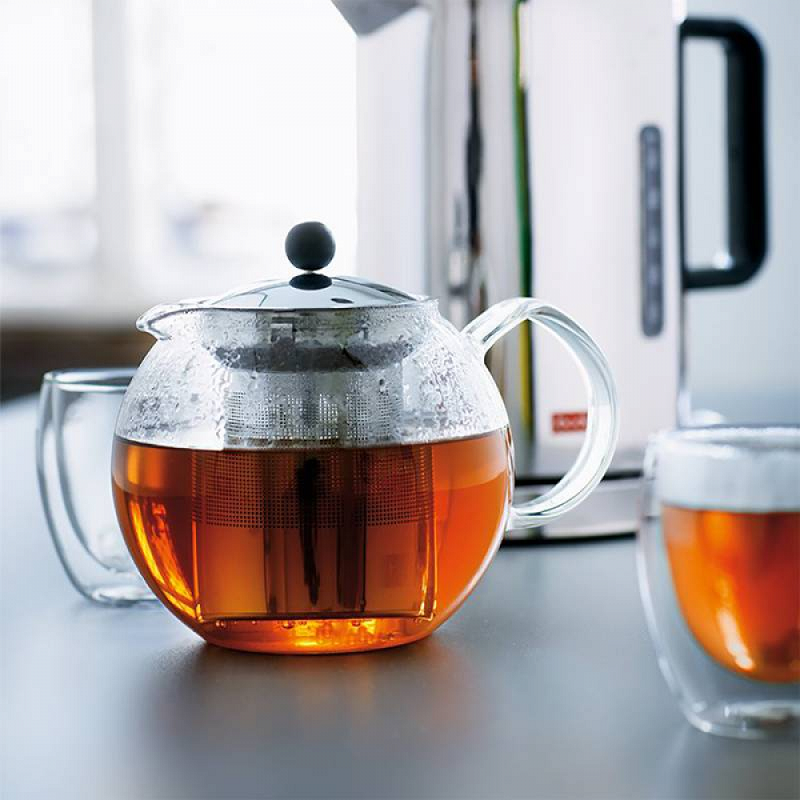
Which type of glassware is the best?
Borosilicate glass, tempered glass, and crystal glass are all fantastic in their own way.
If you are after a set of glassware for your daily morning coffee, then double walled borosilicate glassware from Bodum and Avanti will be your best bet.
The best glassware to store, reheat or cook food is often made from tempered glass due to its heat resistance. Tempered glass food storage containers and bakeware such as those from Glasslock and Pyrex are perfect examples. Alternatively, tempered glass tumblers such as those from Duralex are also a great choice for restauranteurs because of its strong durability.
Whereas crystal glass is the ideal material for a glamorous set of wine glasses that you would be proud to showcase at intimate dinner gatherings or soirees with a touch of luxury. Crystal glassware from Riedel and Nachtmann are fine examples of luxurious crystal glasses.
Next Read: What is the Best Crystal Glassware?
